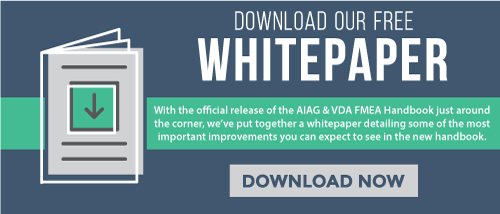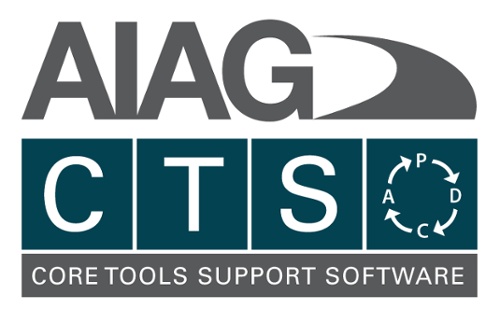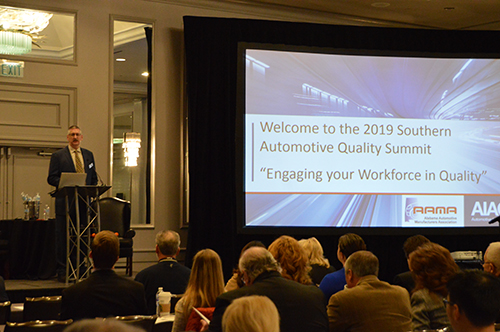On March 5, 2019, Amy Moffatt – senior manager of Toyota North America’s Operations Management Development Division – gave the closing presentation at the AIAG/AAMA 2019 Southern Automotive Quality Summit (SAQS). AIAG had the opportunity to catch up with Amy after the event and asked her several questions about her perceptions of the automotive industry. Amy’s insights are below.
Read More












